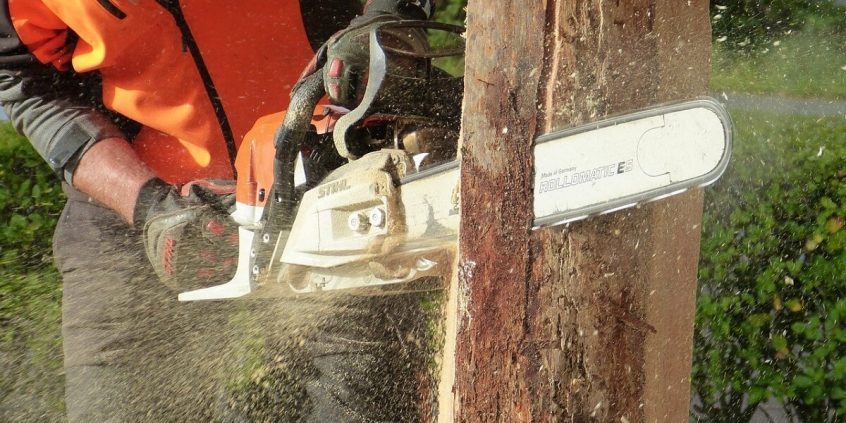Introducing the California Conservation Corps!
The California Conservation Corps (CCC) is a program for young adults 18-25 years old. The CCC work on many public service projects and respond to emergencies across the state. Their goal is to mentor these young adults and guide them in becoming successful in their career goals. CCC’s program provides a plethora of trainings that will help with career advancements, meaningful work experience, and opportunities to receive up to $8000 in scholarships for educational expenses (college tuition, trade school, student loan payments, etc.) at eligible schools.
“We are reaching out to local schools and programs to recruit for our agency.” -Chelsea, Supervisor at CCC
Interested in a presentation at your school for students who might soon be looking for work experience? Click here to get in touch. Please let them know you are with CCEA Plus, or heard about it from us!
About the CCC
The young adults of the CCC work hard protecting and restoring California’s environment, responding to disasters, becoming stronger workers, citizens and individuals through their service.
The Corpsmembers
- 1,623 Corpsmember positions are available
- Approximately 3,000 Corpsmembers enroll each year
- Corpsmembers must be between the ages of 18 and 25, California residents and not on probation or parole
- At the present time, the CCC is about 76% men, 24% women
- Corpsmembers come from all over the state and reflect the diversity of California. The top three counties where Corpsmembers come from: San Diego, Los Angeles and San Bernardino
- The average length of stay is about nine months
Locations
- The CCC has two dozen residential and non-residential locations throughout the state
- It is the only state program with year-round residential centers

